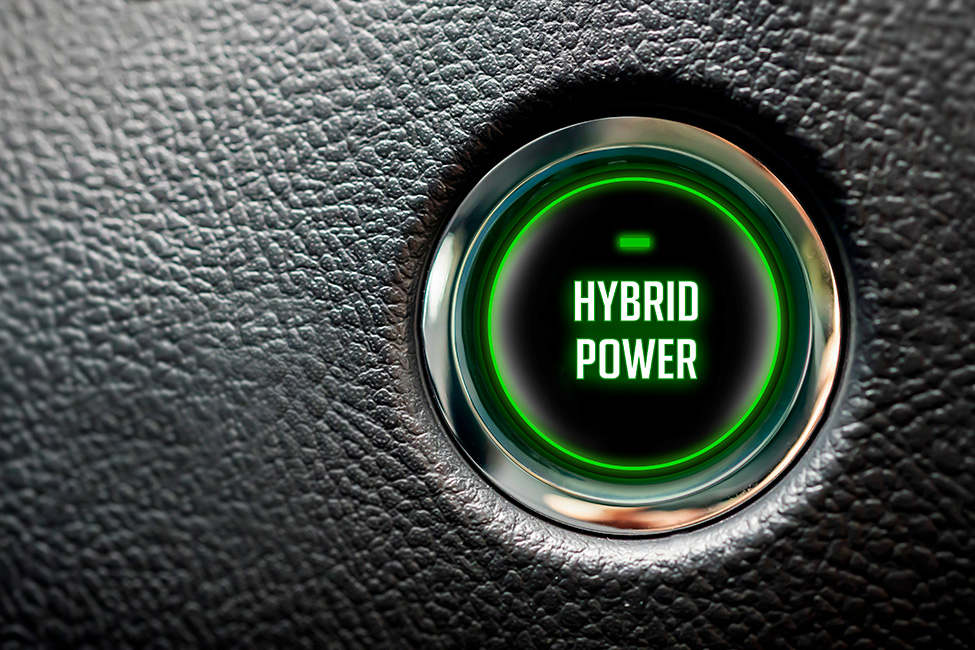The demand for green cars is quickly growing in the UK, and the moderate extra costs of hybrid models partly explain the enthusiasm boasted by drivers. Manufacturers will most definitely continue to improve the performance of their vehicles in the years to come.
What are the advantages and disadvantages of a hybrid car?
What are the advantages and disadvantages of a hybrid car?

©photoman/iStock
Ideally presented as an alternative to traditional and fully electric vehicles, hybrid cars have many arguments in their favour. They enjoy comfortable autonomy and offer a versatile range of uses that attracts more and more drivers. But what are their real strengths and weaknesses?
What is a hybrid car?
It is a vehicle with one combustion engine and another secondary electric motor. The main engine, usually a petrol engine, controls the propulsion on most models. The electric moto takes over at low speeds, from 30 to 50 km/h depending on the car, and helps the combustion engine during the acceleration phases. The necessary electricity gets stored in a battery that is mainly recharged during braking and acceleration thanks to the car’s inertia. The electric motor powers the main engine at low speeds and during parking manoeuvres, for example, thus limiting fuel consumption.
Hybrid vehicles are particularly suitable for use in urban and suburban areas, where the regular alternation of acceleration and braking phases provides optimal efficiency.
What are the different types of hybrid vehicles?
There are three main categories of hybrid cars:
- The mild-hybrid contains a starter-alternator that recovers kinetic energy, which gets stored in a smaller battery, then reuses it to propel the vehicle, particularly at low speeds.
- A full-hybrid makes it possible to achieve 100%-electric driving over short distances, thanks to a battery with a larger capacity.
- The rechargeable hybrid combines the advantages of hybridisation with those of full-electric vehicles. The powerful plug-in battery can recharge at a power outlet or terminal, and the combustion engine takes over when the battery is empty.
What are the advantages of a hybrid car?
The first advantage of these green vehicles is that they significantly reduce polluting emissions: between 15 to 25% less, depending on the technology used. The most efficient cars are rechargeable hybrids, then the full-hybrid models. Their second advantage directly results from the first: because of the fuel savings they make, hybrid vehicles are cheaper to run than their petrol or diesel counterparts. Finally, these cars offer excellent driving comfort: silence, fluid manoeuvrability and smooth running. In terms of autonomy, the secondary engine of a simple-hybrid has an operating range of around 10 kilometres, while a rechargeable plug-in model is between 50 to 60 kilometres.
Hybrid cars benefit from a lower UK road tax for the first years.
What are the disadvantages of a hybrid vehicle?
The first weak point of these cars is their purchase price, which is higher than that of conventional vehicles. However, the extra cost is amortised quickly due to the savings of fuel costs. The second disadvantage is their weight, which is quite considerable because of the batteries. Finally, some manufacturers report that the permanent alternation between the two engines accelerates their wear and tear. The recycling of used batteries is the last weak point of hybrid vehicles. For the moment, there does not seem to be any real satisfactory solution from an environmental point of view.
Feel like getting away from it all?
See our suggestions for novel trips and must-see places to visit near your home or holiday destination.